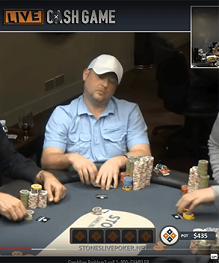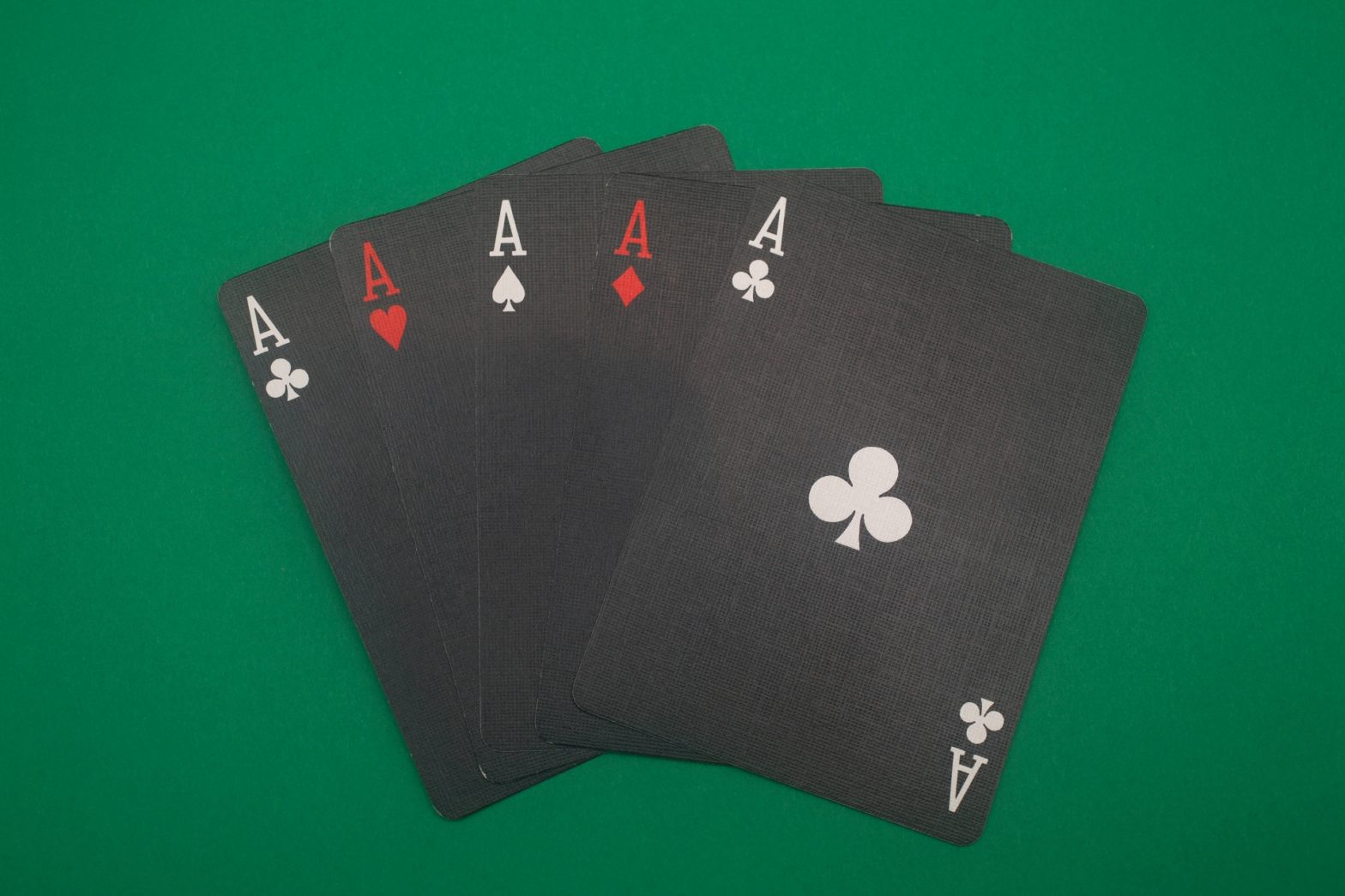Alleged poker cheat Mike Postle has again triumphed in a US District Court in a lawsuit seeking justice for his alleged cheating activity. This time, in Nevada, US District Judge James C. Mahan has dismissed an action filed against Postle by Las Vegas-based pro Marle Cordeiro.
Yesterday’s six-page dismissal opinion by Judge Mahan marks a relatively quick resolution to the case. Cordeiro filed her case against Postle in April, citing several forms of negligence, fraud (for claiming to be an “honest” player, and a RICO (racketeering) claim for having used wire transmissions to cheat, referring to the widespread belief that other players’ hole-card information was transmitted to Postle by one or more accomplices during the high-profile “Stones Live!” streams. Postle filed a motion to dismiss in June, and yesterday’s ruling by Mahan affirmed that motion.
In acknowledging the dismissal, Cordeiro’s attorney, Maurice “Mac” VerStandig, wrote this:
“The US District Court for the District of Nevada found Mr. Postle lacks sufficient contacts with the State of Nevada to be sued there, and accordingly dismissed the case. I have immense respect for the court as well as the judge who issued the ruling; it is well-written and well-reasoned. Importantly, however, the order does not speak to the merits of the case. Mr. Postle has now amassed a laudable track record of avoiding substantive legal inquiries into the sum and substance of his actions; it seems supremely unfortunate he has taken this path and not, instead, seized on one of these opportunities to clear his good name. Ms. Cordeiro and I are still reviewing the order and assessing various options.”

Postle did not respond to a quote request made by this writer. Though cleared in both this case and the larger California action where he was dismissed as a co-defendant in early June, Postle may be maintaining an informal “radio silence” while reported settlement talks continue between aggrieved players and the remaining defendants in that case, Stones Gambling Hall parent King’s Casino LLC and Stones employee Justin Kuraitis, who directed the “Stones Live!” webcasts.
Cordeiro could have filed as an 89th defendant in the California action but instead chose to file her complaint in Nevada. Her lawsuit claimed that she was recruited to play by Postle on the popular “Stones Live!” streamed game, and that the streaming of the games online (and into Nevada) brought the entire matter under Nevada’s jurisdiction as well as California’s.
Judge Mahan disagreed, citing the three-pronged “Calder Test” already established as precedent for such jurisdictional claims throughout the US’s Ninth Circuit courts. The key point made by Judge Mahan was that the act of broadcasting the game into Nevada was done by Stones Gambling Hall and not by Postle, thus undercutting the interstate-commerce/jurisdictional claim. Mahan wrote the following:
“Plaintiff concedes that all poker games related to this action occurred in California. Applying the Calder effects test, plaintiff argues that because defendant’s poker activities in California were broadcast online, it was aimed at or had an effect in Nevada, because that is where plaintiff resides and where she watched the broadcast games. Further, plaintiff argues that because defendant’s poker activities in California were broadcast online, it was aimed at or had an effect in Nevada, because that is where plaintiff resides and where she watched the broadcast games. Further, plaintiff argues that watching the broadcast games in Nevada ‘lured [her] into participating, causing her to be ultimately swindled and defrauded by the defendant.’ In other words, plaintiff argues that although the alleged cheating occurred in California, defendant should be subject to Nevada jurisdiction because a third party (Stones Gambling Hall) broadcast the alleged misconduct to Nevada, where she watched the games. This argument fails to consider that the defendant was a participant of the broadcast games—not the broadcaster—thus, defendant did not ‘expressly aim’ his alleged poker misconduct at the state of Nevada.”
Cordeiro’s lawsuit also introduced the claim that Postle was known to spend significant stretches of time in Nevada, particularly in the Reno area, only a couple of hours away from his Sacramento-area home. However, Judge Mahan dismissed those assertions as well.
Cordeiro’s filing of the second lawsuit targeting Postle and the cheating alleged to have occurred in dozens of “Stones Live!” games generated significant poker-world and mainstream news attention, since it was first scooped by TMZ, likely after being tipped by Las Vegas-based courtroom news watchers. Her lawsuit sought $250,000 in damages against Postle in a trial by jury. One element unique to the Nevada case was the introduction of a specific hand history wherein Cordeiro alleged that Postle’s series of actions could only be explained by Postle’s knowledge of Cordeiro’s hole cards… in other words, cheating. Similar hand-by-hand evidence and statistical analyses were promised in the larger case in California, but had yet to be introduced before Postle’s dismissal as a co-defendant in June.
The latest dismissal means that Postle has successfully fended off all likely civil actions regarding the alleged cheating activity. However, as was referred to in the original Cordeiro filing, he is likely persona non grata at most California poker rooms.

